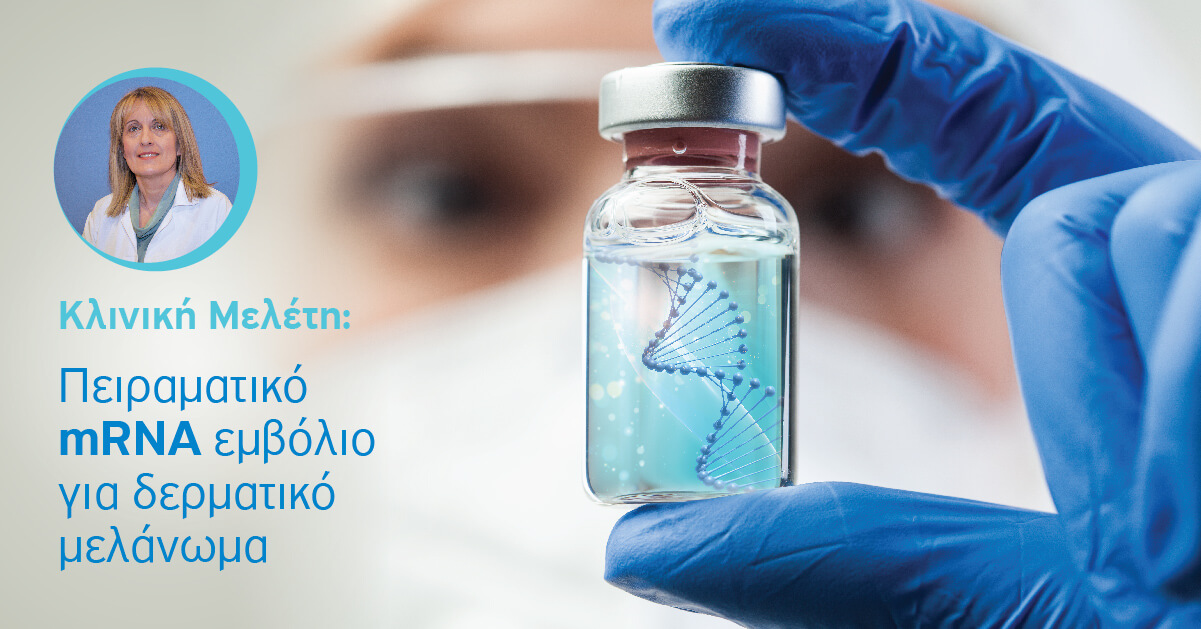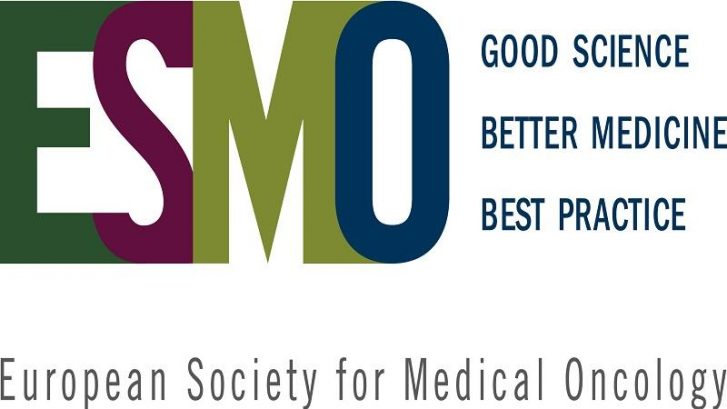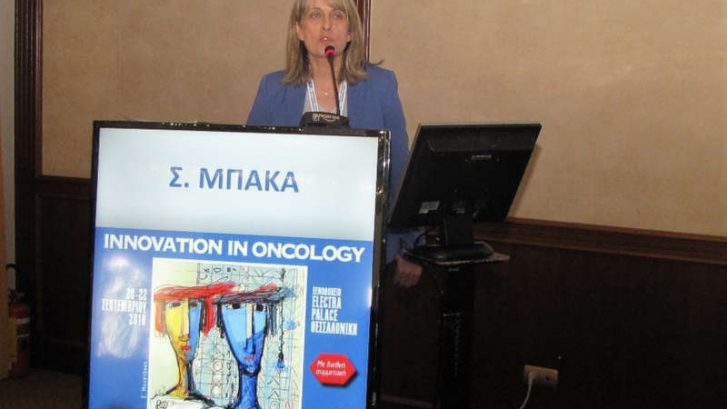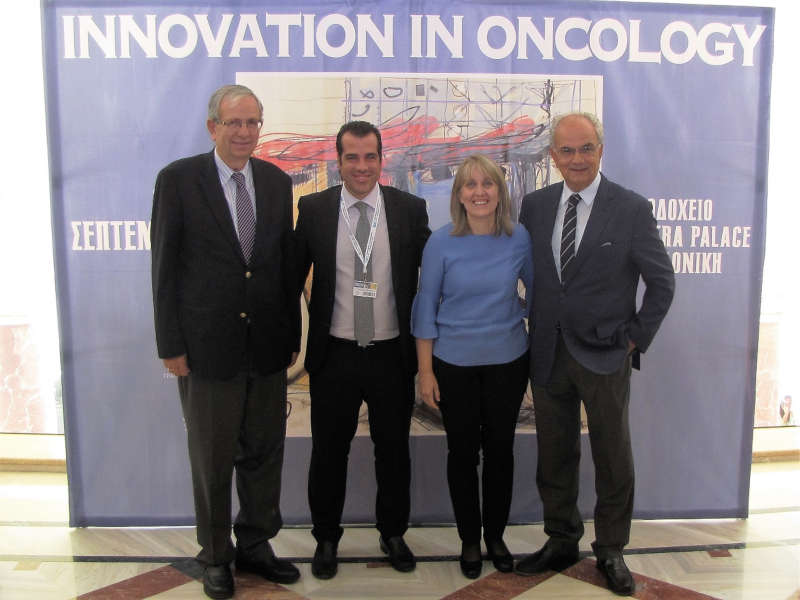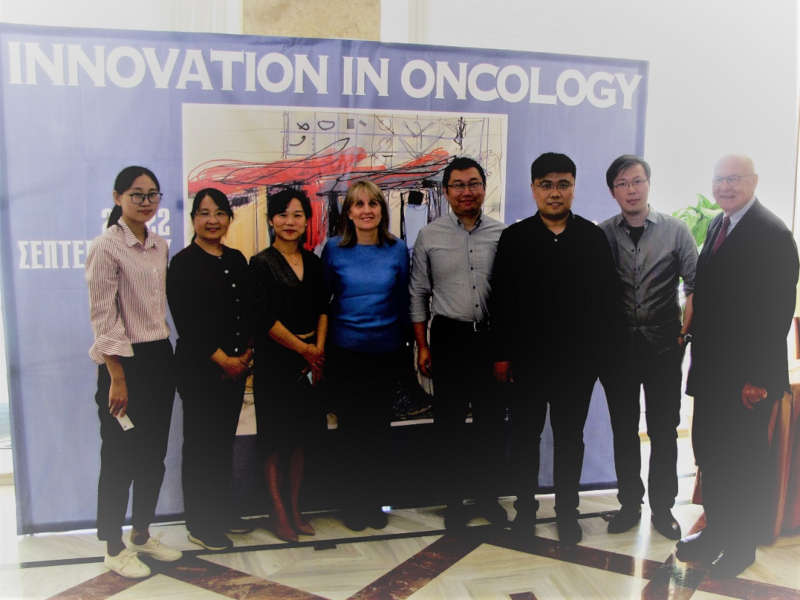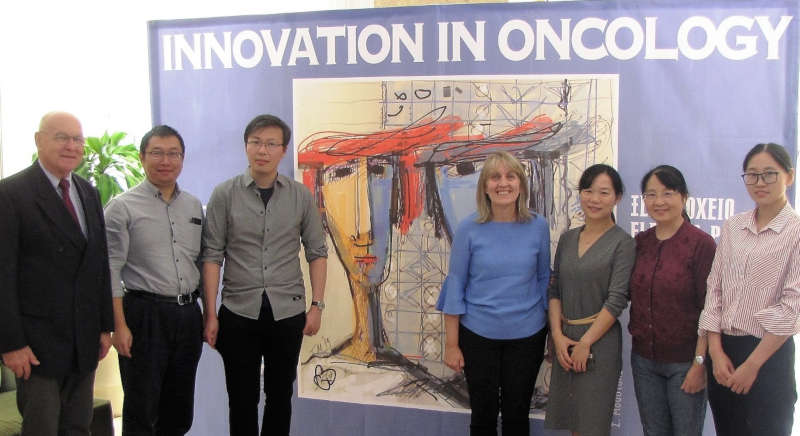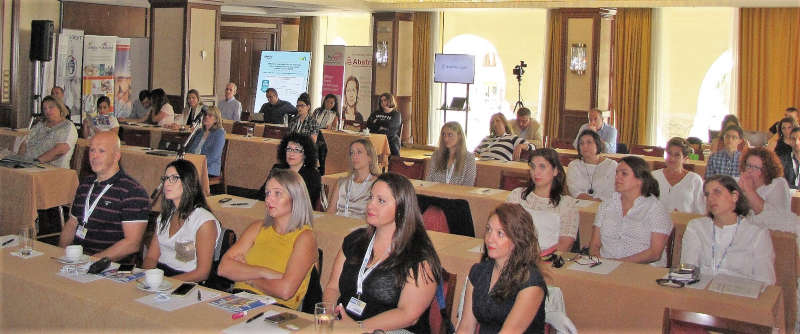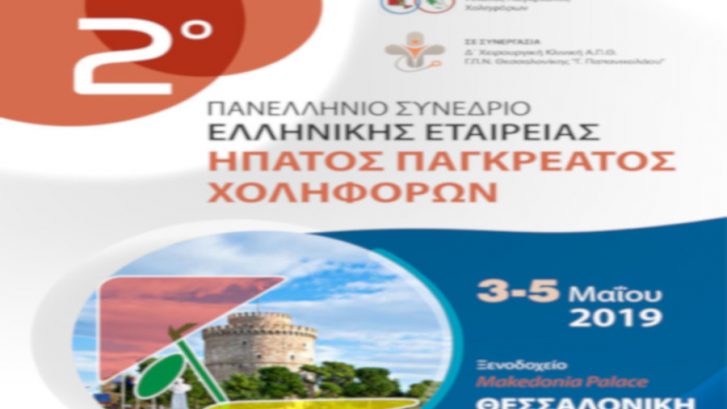Life Time and RESTORE among shortlisted projects
The European Commission announced on 8 February that has selected 6 research projects in areas from health and energy to artificial intelligence and cultural heritage to compete to become one of its next billion EUR flagship science initiatives. On 1 March 2019, each team will receive €1 million to develop a detailed feasibility proposal over the next year. Up to three will be chosen to become fully fledged initiatives to launch in 2021.
The European Commission already supports three scientific mega-projects known as Future and Emerging Technologies Flagships which are each funded to the tune of around €1 billion over 10 years. The high-profile projects aim to make paradigm-shifting advances in their field — by bringing together expertise and funding from scores of academic and industrial sources across the continent.
Among the 6 newly shortlisted initiatives there is a project that would explore how artificial intelligence can enhance human capabilities, one to hasten clinical availability of cell and gene therapies, and a personalised medicine initiative.
One of the two health projects that were shortlisted, German-led consortium LifeTime, would create innovative platforms for personalised medicine. The platforms would measure how the molecular functions of individual cells and tissues change during the course of a disease and treatment, and use artificial intelligence and machine learning would reveal significant patterns in the data that might be biologically meaningful. LifeTime also proposes to develop tailored organoids that can model an individual patient’s disease.
Single-cell technologies will be applied to experimental model systems such as organoids. Combined with the genome editing tool CRISPR/Cas as well as state-of-the-art microscopy, these models will help to understand how cells stay healthy or progress towards disease and react to therapeutics. Importantly, LifeTime scientists will also develop computational strategies such as powerful machine-learning and artificial intelligence methods that help to understand molecular mechanisms and predict the future of a patient’s tissue or even means to steer the tissue towards health. This strategy is expected to improve early diagnoses and intervention, predict the course of a disease, identify new drug targets and select the most effective therapies for individual patients.
LifeTime is jointly coordinated by the Max Delbrück Center for Molecular Medicine in the Helmholtz Association in Berlin and the Institut Curie in Paris. Currently the LifeTime consortium consists of over 60 leading single-cell biologists, computer scientists, mathematicians, clinicians, pathologists, imaging experts, and physicists from over 50 European institutions in 18 countries. They are pioneers in their disciplines, working towards a common vision of future medicine, and would like LifeTime to be an open endeavour that will attract new talents and integrate all scientists in Europe who can make a significant contribution. Their unique collective network will transcend institutional boundaries and improve the overall infrastructure for the life sciences in Europe, with a focus on training for the next generation of scientists.
Both the Helmholtz Association of German Research Centres and the French National Center for Scientific Research CNRS – two of the biggest science organisations in Europe – have pledged their strong support. Furthermore, the consortium is endorsed by Science Academies such as the German National Academy of Sciences Leopoldina, the French Academy of Sciences, the Royal Society and the Royal Netherlands Academy of Sciences and Arts and the EU-life Alliance.
The LifeTime consortium will build on the achievements of the Human Cell Atlas. However, LifeTime proposes to go far beyond; many technologies at the centre of LifeTime are key European research strengths that the Flagship could boost. These include single-cell technologies combined with advanced imaging, artificial intelligence and patient-matched organoids, or organ-on-a-chip disease models to study the progression of an illness and develop novel therapeutics. New mathematical and computational tools will be required to understand the movement and relationships of those cells.
Participating institutions are Helmholtz Association, CNRS, Institute of Molecular Biotechnology, Research Center for Molecular Medicine of the Austrian Academy of Sciences, VIB-KU Leuven, Friedrich Miescher Institute for Biomedical Research, University of Basel, University of Zurich, Central European Institute of Technology, Max Planck Institute of Immunobiology and Epigenetics, Max Planck Institute for Molecular Genetics, German Cancer Research Center, Max Delbrück Center for Molecular Medicine, German Center for Neurodegenerative Diseases, Helmholtz Zentrum München, Max Planck Institute for Evolutionary Anthropology, Helmholtz Institute of RNA-based Infection Research, Saarland University, Technical University Munich, University of Würzburg, Biotech Research & Innovation Centre, Interdisciplinary Nanoscience Center, University of Copenhagen, Centre for Genomic Regulation, Institut Curie, Université de Montpellier, Inserm, Université Toulouse III – Paul Sabatier, École nationale supérieure des mines de Paris, Institute for Molecular Medicine Finland, The Biomedical Research Foundation, Academy of Athens, Weizmann Institute of Science, Hebrew University, Sapienza – University of Rome, Instituto Nazionale Genetica Molecolare, University of Napoli, University of Padua, University of Milan, European Institute of Oncology, Netherlands Cancer Institute, Radboud University, University Medical Center Utrecht, Hubrecht Institute, Instituto Gulbenkian de Ciência, Institute of Bioorganic Chemistry of the Polish Academy of Sciences, Romanian Center for Systems Immunology, Karolinska Institute, MRC Human Genetics Unit, University of Edinburgh, Wellcome Sanger Institute, The Babraham Institute, European Molecular Biology Laboratory – European Bioinformatics Institute.
The other health project, RESTORE, led from the Berlin university hospital Charité, proposes developing the multiple steps needed to speed the translation of advanced cell and gene therapies to the clinic. These treatments hold great promise for common diseases such as cancer and diabetes, but are notoriously complicated and expensive to bring to the market.
Large-Scale-Research Initiative RESTORE will promote groundbreaking research, nurture innovative companies and engage the public; its concept is supported by a broad international and interdisciplinary community of stakeholders, who united behind the mission to make patient-centred value at high ethical and quality standards a reality.
The implementation of newly developed Advanced Therapy Medicinal Products and Biologised Medical Devices in clinical routine holds tremendous promise and is the unifying goal of the RESTORE initiative. It is formed by eminent leaders from European academia, clinics and industry.
The RESTORE core team are world leaders from basic and clinical research and biotech industry: Charité – Universitätsmedizin Berlin (Germany), University of Zurich (Switzerland), Cell and Gene Therapy Catapult (United Kingdom), TissUse GmbH (Germany), Pluristem Ltd (Israel), Miltenyi Biotec GmbH (Germany), INSERM – Institut National de la Santé et de la Recherche (France), Innovation Acta S.r.l. (Italy), Fondazione Telethon Milan (Italy) and University Minho (Portugal). More than 250 stakeholders from basic and clinical science, industry, non-profit organisations and patient advocates throughout Europe and beyond have pledged support for RESTORE’s urgent mission, underlining the potential of Advanced Therapies for science, the economy and public health.
Source: https://www.esmo.org/Oncology-News/

